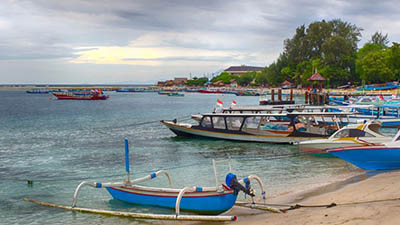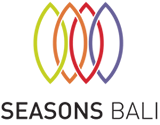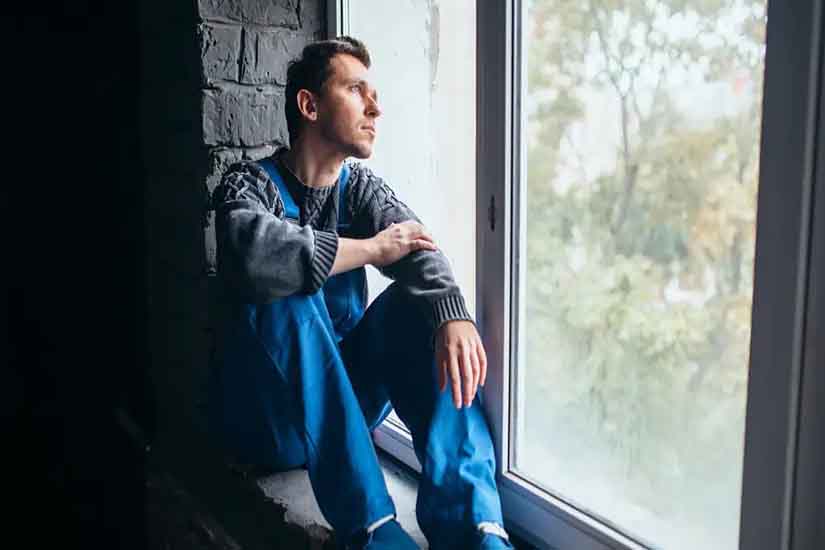What are the ramifications of COVID-19 on mental health, substance abuse and treatment accessibility?
The ramifications of COVID-19 on mental health are at an unprecedented high. Social and familial isolation, financial uncertainty, loss of employment and panic about the future has caused negative psychological consequences across the world. Subsequently, communities are experiencing mental health and substance abuse crises amongst previously healthy individuals and a resurgence of relapse amongst those with pre-existing issues. Compulsory lockdown measures has seen access to essential resources such as mental health services, substance abuse facilities and support groups move from in person to online. Waiting lists to these services are burdensome.
Mental Health Ramifications:
Mental health has been on the decline since the emergence of COVID-19 at the beginning of 2020. Unprecedented restrictions and extreme changes to daily life have resulted in an increase of depression, anxiety and potential posttraumatic stress disorders. Physical access to mental health resources has been restricted due to social distancing measures resulting in government funded and private organisations moving to a tele-therapy or online platform. According to the WHO however, “more than 80% of high-income countries reported deploying tele-therapy to bridge the gaps in mental health, compared to less than 50% of low income countries.” While countries have attempted to implement temporary solutions in the short term, worrisome mental health trends will continue to emerge in the next six to twelve months. High stress and depressive disorders are said to have contributed to an increase in substance abuse use and relapse.
Substance Abuse Ramifications:
COVID-19 has significantly impacted the health and well being of many communities around the world. Government organisations are reporting an increase of alcohol sales since the beginning of the year, which highlights… One community that has been particularly affected are those who are recovering from substance abuse disorders. Individuals in recovery depend on routine, social support and access to addiction services to maintain their sobriety. Social distancing and changes to employment has resulted in many recovering addicts feeling bored, distressed, confused, afraid and isolated from their social support groups triggering relapse in some as means of relief.
According to the Australian Institute of Health and Welfare:
– The consumption of alcohol, since March 2020, has increased by 14.4%.
– A poll of 1,045 Australians aged 18 years and over conducted by the Foundation of
Alcohol Research and Education concluded:
– 70% reported they were drinking more alcohol than usual, and 34% were now drinking alcohol daily.
– 28% reported they were drinking alcohol to cope with anxiety and stress.
– 32% were concerned with the amount of alcohol either they, or someone else in their household is drinking (FARE 2020).
The demand for substance abuse services, such as detox facilities and government-funded rehabs has almost doubled and waiting lists are at capacity. There is hope however for you or your loved one to travel to Bali to seek treatment with Seasons Bali.

Is travel to Bali possible and safe?
Travel to Bali is completely safe – of course travellers are encouraged to follow airline and airport safety and security measures to limit the spread of COVID-19 between countries. Travel exemptions are obtainable in Australia and other countries around the world that may require them for departure from that country. Although country borders are not officially open to international tourism, specialised visas have become available in Indonesia, which can enable individuals to enter Bali.
Bali was quick to put security measures in place at the beginning of the pandemic to protect the local community from the virus. Hygiene processes and requirements have been adapted in restaurants, cafes, shopping malls, temples, ceremonies and supermarkets with the introduction of body temperature checks, distribution of hand sanitizer to all visitors and compulsory use of masks.
Travel to Bali for the purpose of accessing Addiction Treatment simply requires a negative COVID-19 test; Seasons Bali can take care of everything that is required to facilitate visa applications for entry to Indonesia.
How can Seasons Bali assist you or your loved one?
Seasons Bali is closely affiliated to one of the leading visa agencies in Bali, Bali Visas. Once you or your loved one has made the decision to seek treatment with us, our team will begin the process of applying for the necessary visa to enter Indonesia. In most cases there will be no issues in a visa being approved.
We offer fourteen to ninety day programs for potential clients in our new luxury villa on the north coast of Bali, Lovina. Our boutique site accommodates up to eight clients at a time, ensuring each client receives a high level of care and attention during their stay. The team at Seasons Bali believe it is imperative for our clients to be in a tranquil and safe environment, completely removed from the hustle and bustle the South of Bali has to offer.
If you or a loved one would like more information on how to travel to Bali and complete treatment with Seasons Rehab, please contact us today.
Transformation Starts Here
Taking that first step towards recovery is one of the most powerful things you can do. If you or a family member need help and you want to get the best treatment possible, get in touch with us now. With over twenty years of helping people to find peace in recovery, we are South East Asia’s Leading Addiction Treatment Centre.



